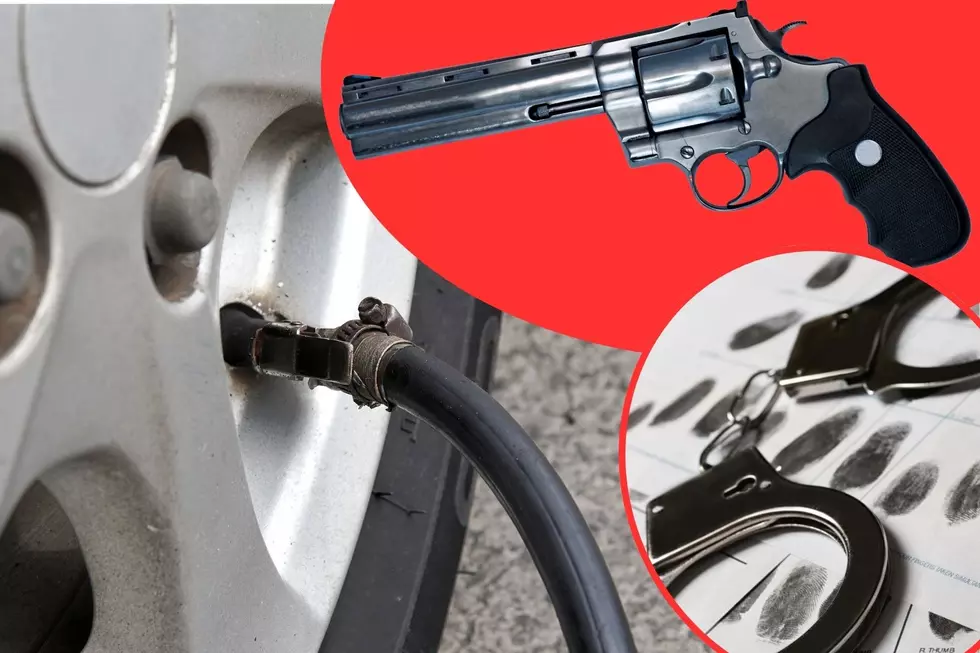
Report: NJ youth prisons make it seem like black lives don’t matter
The Garden State's largely empty youth prisons are throwing money away and are replete with racial disparity, according to a New Jersey Institute for Social Justice report that calls for the doors to be closed for good on these prisons, as well as for an investment in care that could help keep youth out of trouble.
The report argues for the closure of the Juvenile Medium Security Facility located in Burlington County, and New Jersey's two other youth prisons, Hayes and Jamesburg, which former Gov. Chris Christie announced plans to close nearly three years ago.
The report notes that New Jersey has the highest Black-to-white youth incarceration disparity rate in the country — even though research shows both demographics commit most offenses at similar rates, in New Jersey, a Black youth is 21 times more likely to be locked up.
"Black lives cannot really matter in New Jersey when the state continues to disproportionately incarcerate its Black youth in failed youth prisons," report author Andrea McChristian said in an interview. "The rhetoric is not matching the investments."
As of Nov. 2, according to the Juvenile Justice Commission, there are 125 juveniles in the JJC's three secure facilities. The NJISJ report suggests the prisons have room for a total of more than 500 young inmates. An additional 50 or so youth are set to be released in early November due to the COVID-19 threat.
"Our youth prison system, including JMSF, is a harmful relic from generations past," McChristian said. "Especially in these times, it is clearer than ever that we should focus on building up our kids, not building prisons for them."
McChristian said as a start to a transition away from youth incarceration, beds can be used in the state's residential facilities "that are more in line with national best practices."
The institute's report calls for a $100 million yearly appropriation to finance a youth community-based continuum of care — including intervention and diversion programs to keep kids out of incarceration, and a safe place for the select young people in New Jersey who do need to be out of home because they cannot be safely rehabilitated in their community.
The report claims New Jersey this year will spend $300,000 to incarcerate each young person.
When reached for comment, the JJC noted the average daily population in county-operated juvenile detention centers has dropped by more than 70% since 2004. Youth of color have accounted for 90% of that decrease. Court-ordered commitments have declined significantly as well, spokesperson Lisa Coryell said.
"This transformation has earned the Juvenile Justice Commission national acclaim, and made New Jersey a model state for youth justice reform," Coryell said. "These reform efforts include the JJC’s recent efforts to replace its current secure care facilities with smaller, state-of-the-art facilities that are closer in proximity to juvenile family members and associated community resources. This plan would reduce the current secure care facility capacity by 40%."
In the meantime, she said, there are fixed costs incurred by the facilities regardless of the number of juveniles in their population. Coryell said the JJC has taken advantage of the size of the secure facilities to implement social distancing and other COVID-19 safety measures.

Somerset County officials: 12 men tried to meet children for sex
More From WPG Talk Radio 95.5 FM










